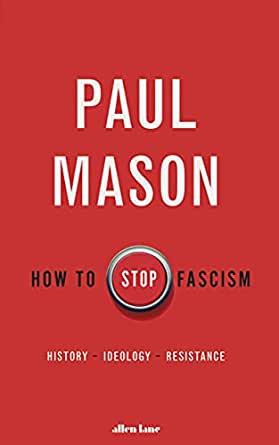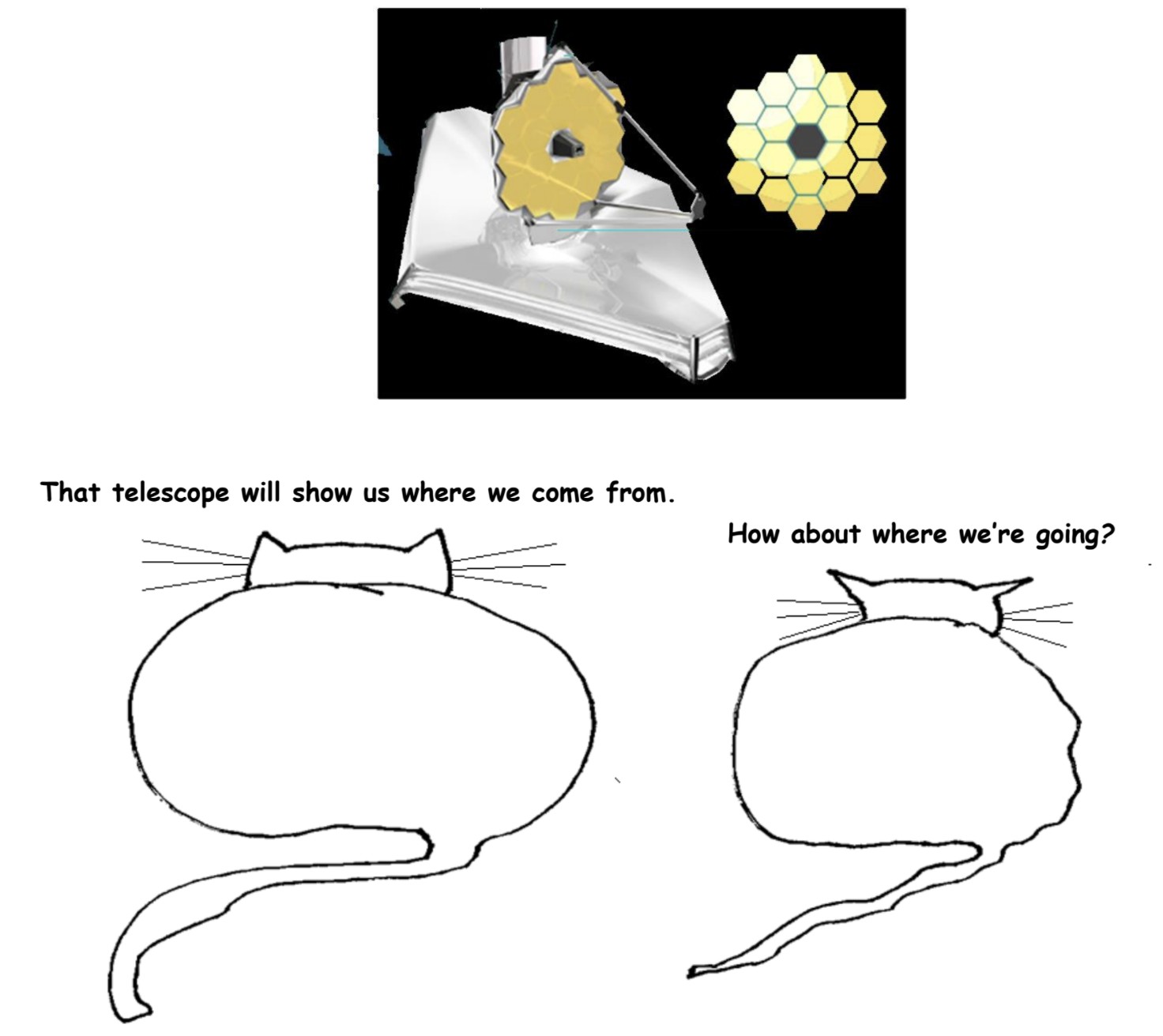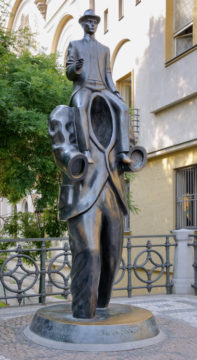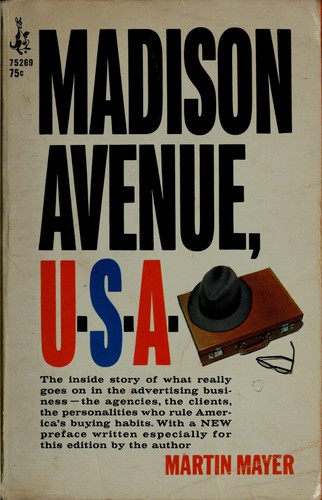by Pranab Bardhan
All of the articles in this series can be found here.
 At my ISI office there were several good economists. Apart from TN, there was B.S. Minhas, Kirit Parikh, Suresh Tendulkar, Sanjit Bose (my friend from MIT days), V.K. Chetty, Dipankar Dasgupta, and others. Of these in many ways the most colorful character was Minhas. A shaved un-turbaned Sikh, he used to tell us about his growing up in a poor farmer family in a Punjab village, where he was the first in his family to go to school. He went to Stanford for doctorate, before returning to India. He relished, a bit too much, his role as the man who spoke the blunt truth to everyone including politicians, policy-makers and academics. He illustrated his Punjabi style by telling the Bengalis that he had heard that in Bengal when a man had a tiff with his wife, he’d go without food rather than eat the food his wife had cooked; he said at home he did quite the opposite: “I go to the fridge, take out my food and eat it; then if I am still upset, I go to the fridge again and take out my wife’s food and eat it all up—serves her right!”
At my ISI office there were several good economists. Apart from TN, there was B.S. Minhas, Kirit Parikh, Suresh Tendulkar, Sanjit Bose (my friend from MIT days), V.K. Chetty, Dipankar Dasgupta, and others. Of these in many ways the most colorful character was Minhas. A shaved un-turbaned Sikh, he used to tell us about his growing up in a poor farmer family in a Punjab village, where he was the first in his family to go to school. He went to Stanford for doctorate, before returning to India. He relished, a bit too much, his role as the man who spoke the blunt truth to everyone including politicians, policy-makers and academics. He illustrated his Punjabi style by telling the Bengalis that he had heard that in Bengal when a man had a tiff with his wife, he’d go without food rather than eat the food his wife had cooked; he said at home he did quite the opposite: “I go to the fridge, take out my food and eat it; then if I am still upset, I go to the fridge again and take out my wife’s food and eat it all up—serves her right!”
At ISI Bose, Dasgupta and Chetty were theorists; Minhas, TN, Parikh and Tendulkar did multi-sector planning models as well as quantitative studies of particular sectors like agriculture, water, energy, etc. TN, as probably India’s most versatile economist ever, did both theory and empirical quantitative work. (He and I started editing a new journal on Quantitative Economics, which later became the journal of Indian Econometric Society). To my great benefit, TN was also most knowledgeable about Indian data.
Without TN’s guiding hand at the beginning I’d have felt completely out of my depth in the data world. These were days when data were stored in boxes of computer punch-cards. Data storage was often in awful condition—I used to jokingly ask how we could be sure that some of the data in the form of holes in the punch-cards were not made by the insects that infested the store rooms. Read more »


 In today’s political world where liberal democracy is purported to have triumphed and ‘the end of history’ is supposed to be with us, many people might be content to rest on their laurels that fascism has been confined to the dustbin of political history, and at most its supporters on the fringe of contemporary politics. Not so however, for Paul Mason. For him ‘fascism is back’ and poses a real threat to democracies. Indeed, so convinced is he of his argument that fascism is emerging as a force to be reckoned with, his recent book How to Stop Fascism: History, Ideology, Resistance is a call to arms for greater understanding of its modern manifestations, and to resist its influence in politics.
In today’s political world where liberal democracy is purported to have triumphed and ‘the end of history’ is supposed to be with us, many people might be content to rest on their laurels that fascism has been confined to the dustbin of political history, and at most its supporters on the fringe of contemporary politics. Not so however, for Paul Mason. For him ‘fascism is back’ and poses a real threat to democracies. Indeed, so convinced is he of his argument that fascism is emerging as a force to be reckoned with, his recent book How to Stop Fascism: History, Ideology, Resistance is a call to arms for greater understanding of its modern manifestations, and to resist its influence in politics. In
In 
 Dorothea Tanning. Notes for An Apocalypse, 1978.
Dorothea Tanning. Notes for An Apocalypse, 1978.





 Covid has given rise to a variety of counterintuitive mathematical outcomes. A good example is this recent headline (link below): One third of those hospitalized in Massachusetts are vaccinated. Anti-vaxxers have seized on this and similar such factually accurate headlines to bolster their positions. They, and others as well, interpret them as evidence that the vaccine isn’t that effective or perhaps hardly works at all since even states with very high vaccination rates seem to have many breakthrough infections that lead to hospitalization. Contrary to intuition, however, such truthful headlines actually indicate that the vaccine is very effective. I could cite common cognitive biases, Bayes’ theorem, graphs, tables, and formulas to explain this, but a metaphor involving fruit may be more convincing and more palatable.
Covid has given rise to a variety of counterintuitive mathematical outcomes. A good example is this recent headline (link below): One third of those hospitalized in Massachusetts are vaccinated. Anti-vaxxers have seized on this and similar such factually accurate headlines to bolster their positions. They, and others as well, interpret them as evidence that the vaccine isn’t that effective or perhaps hardly works at all since even states with very high vaccination rates seem to have many breakthrough infections that lead to hospitalization. Contrary to intuition, however, such truthful headlines actually indicate that the vaccine is very effective. I could cite common cognitive biases, Bayes’ theorem, graphs, tables, and formulas to explain this, but a metaphor involving fruit may be more convincing and more palatable.




